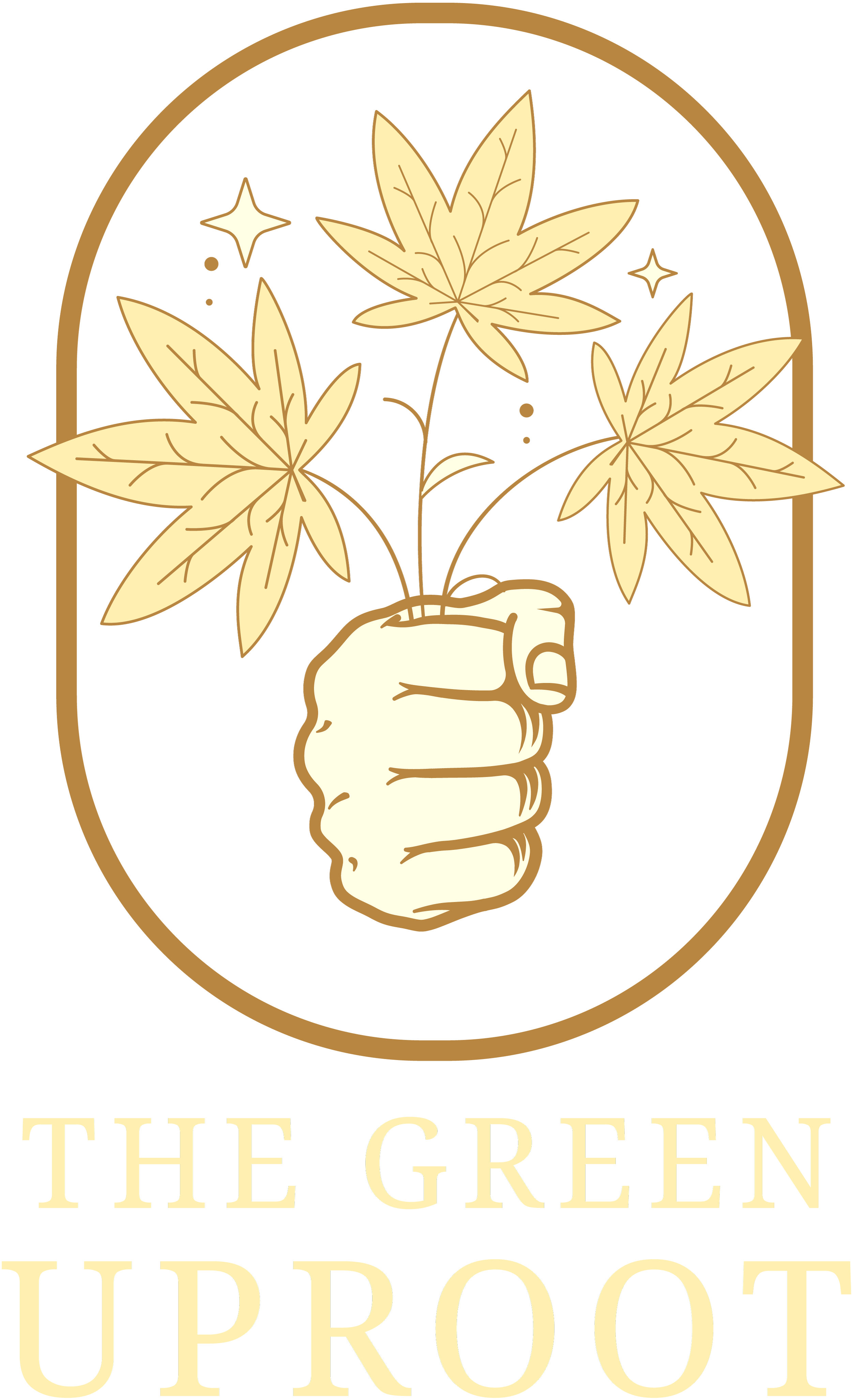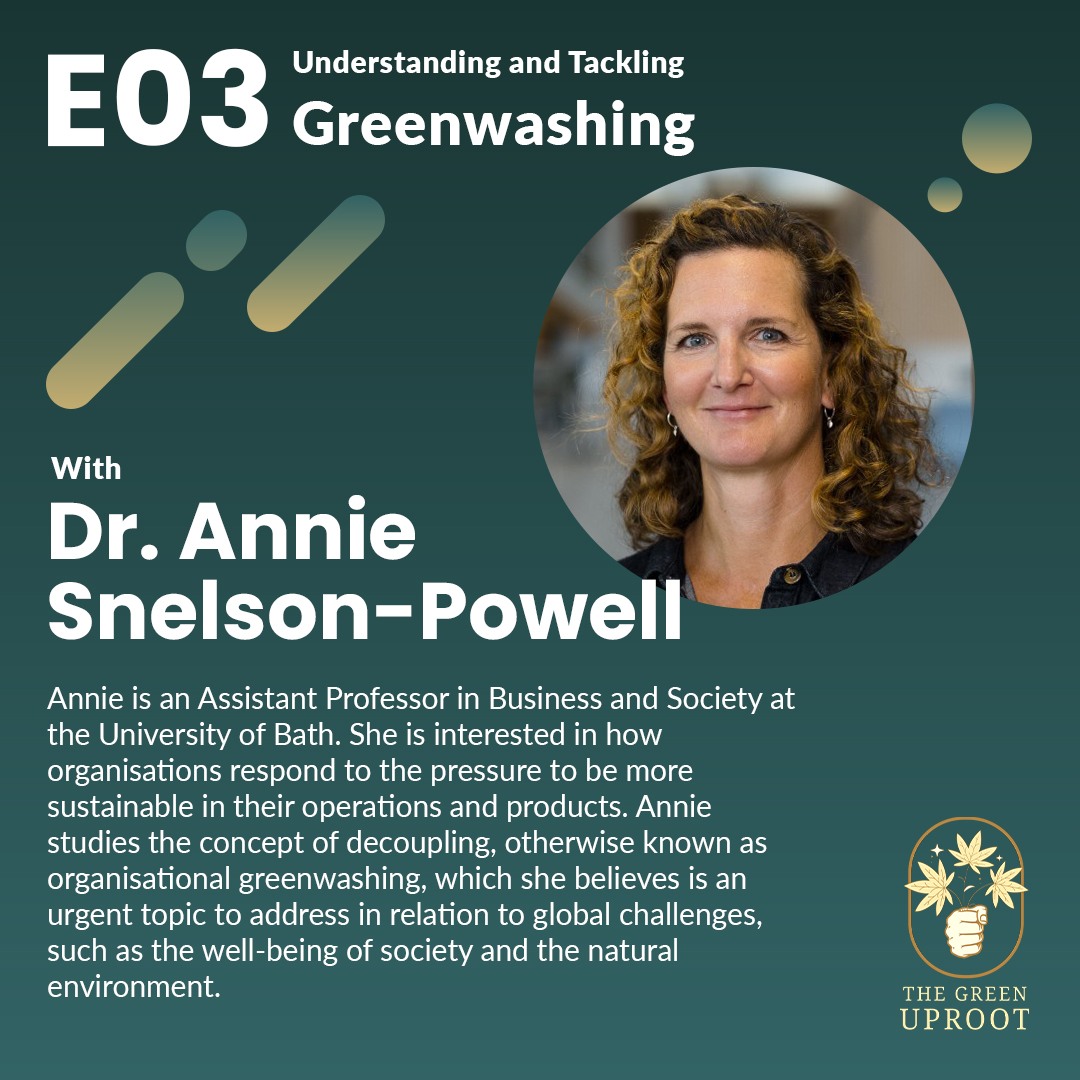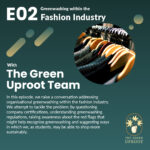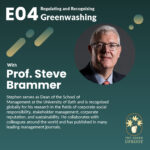In this episode of the Green Uproot, we were lucky enough to interview a special guest, Dr Annie Snelson-Powell. Annie is an assistant professor in Business and Society at the University of Bath, where greenwashing is her main research interest. Here, Annie talks about the differences between organisational talk and organisational action, as well as where these pressures for this ‘talk-action’ gap come from. Annie addresses this sustainability pressure from several different stakeholders, including investors, consumers, and communities impacted by operations. Environmental, social, and governance (ESG) investing is named by Annie as one of the main pressures. This is because ESG criteria (i.e., a set of standards) are being used by investors to screen potential investments.
The environmental criteria ensure the conservation of the natural world and may look at climate change and carbon emissions, air and water pollution, and deforestation. The social criteria however consider people and relationships, which include (but are not limited to) customer satisfaction, gender and diversity, human rights, and labour standards. The governance criteria consider the standards for running a company – i.e., board composition, bribery and corruption, and political contributions. As well as this, Annie talks about what we can do as individuals to help close this ‘talk-action’ gap, and that we need to be more curious or critical when purchasing products that have overstated (and perhaps unrealistic) claims.
In Annie’s PhD research, she talks about the state of sustainability in business schools, however, Annie also believes that sustainability should be taught across all universities, to allow for all students to develop strong analytical decisions. For those who wish to research this topic themselves, Annie recommends ‘After Greenwashing’, published by Frances Bowen. This book analyses the drivers and consequences of greenwashing and allows individuals to separate useful environmental information from empty corporate claims.
Resources:
Information about ESG ratings www.cfainstitute.org/en/research/esg-investing
Book: Frances Bowen, After Greenwashing, 2014 https://g.co/kgs/GpYB4x



